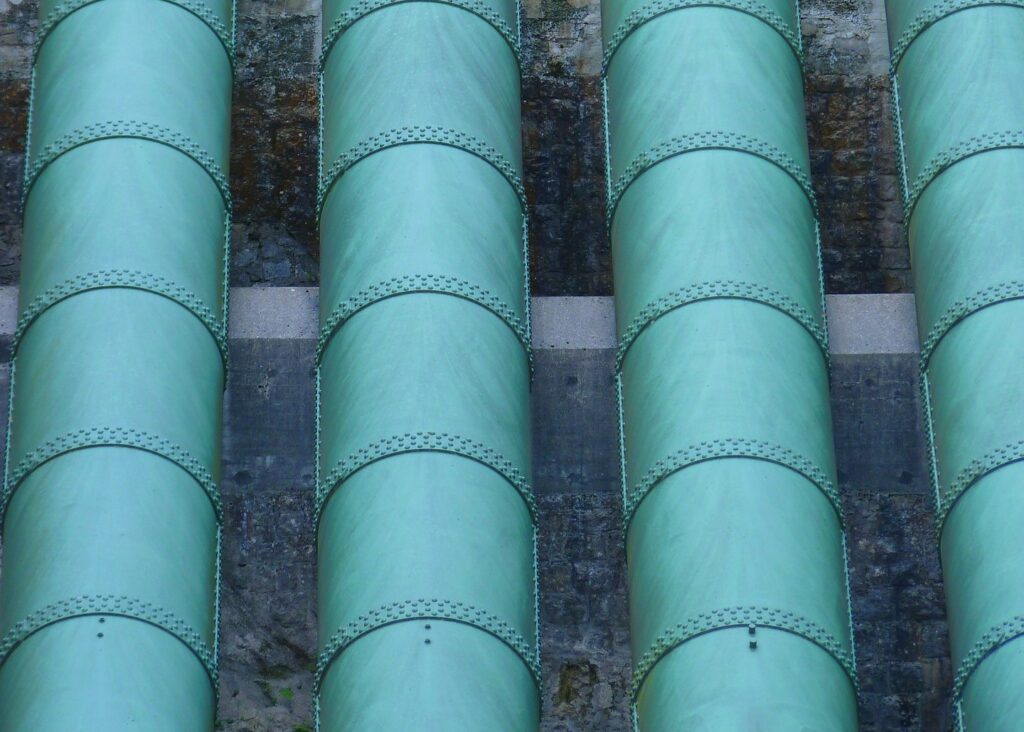European and North African countries are taking significant steps to support the construction of a hydrogen pipeline network aimed at enhancing energy security and reducing carbon emissions.
Italy, Germany, Austria, Tunisia, and Algeria have expressed their backing for the initiative, which seeks to establish a robust infrastructure for the efficient transport of hydrogen across borders.
The project aligns with the European Union’s broader climate goals to transition to cleaner energy sources. Hydrogen is viewed as a crucial component in this transition, as it can be used in various sectors, including industry and transportation, without generating direct carbon emissions.
The inclusion of North African countries like Tunisia and Algeria is particularly noteworthy. These nations have the potential to produce green hydrogen cost-effectively due to their abundant renewable energy resources, such as solar and wind power. By supporting the pipeline project, these countries are positioned to become significant exporters of hydrogen to Europe, fostering international cooperation in sustainable energy production.
This collaborative effort also aims to strengthen geopolitical relations between Europe and North Africa by creating a mutually beneficial partnership that addresses energy needs and environmental concerns. The hydrogen grid project is a pivotal step towards establishing a sustainable and interconnected energy landscape.
Stay updated on the latest in energy! Follow us on LinkedIn, Facebook, and X for real-time news and insights. Don’t miss out on exclusive interviews and webinars—subscribe to our YouTube channel today! Join our community and be part of the conversation shaping the future of energy.





